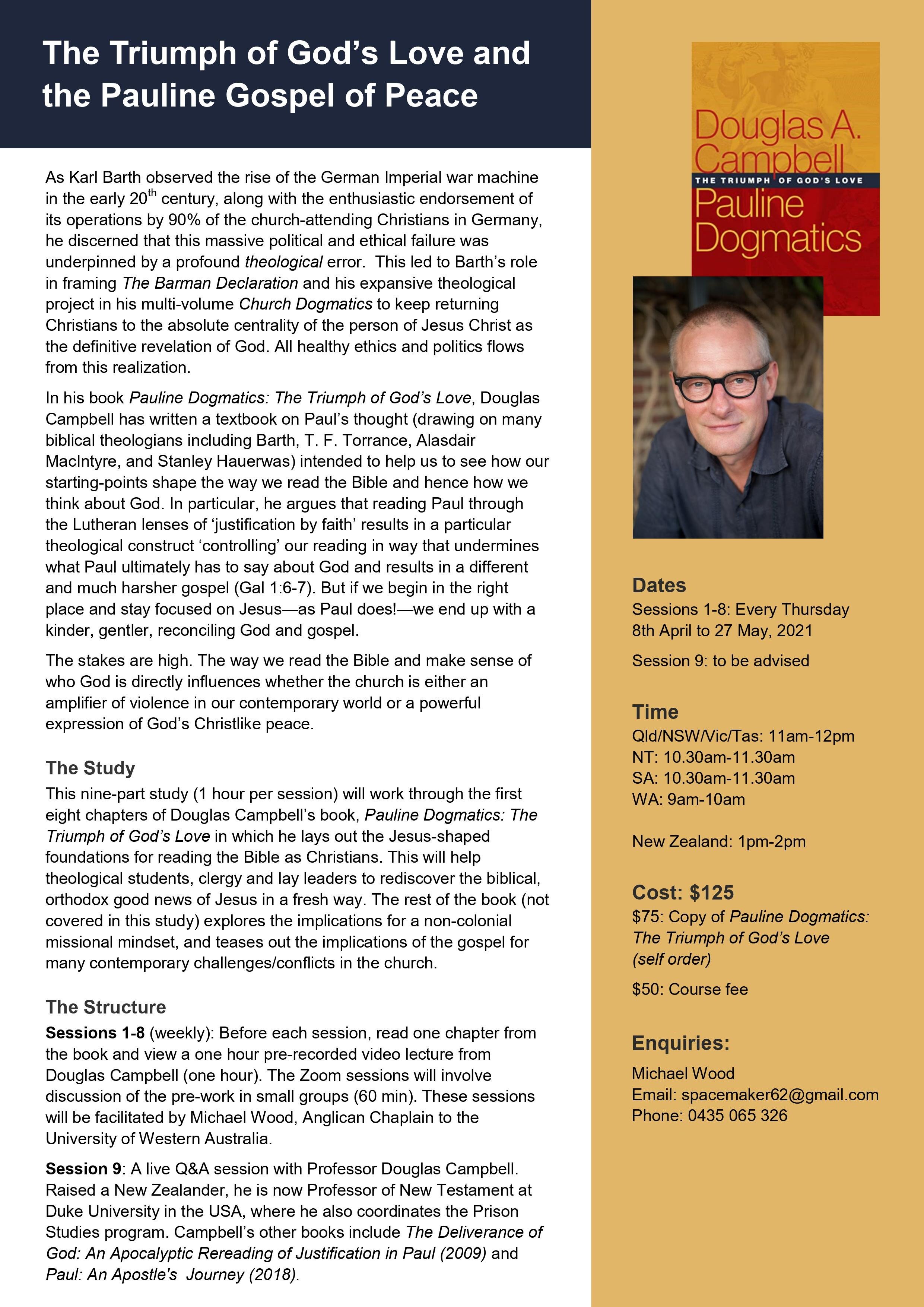My apologies for the long absence.
I am rebooting my web presence here, partly because I have renounced Facebook. (See this!)
A few months ago Joel Green--a scholar I much respect--invited me to contribute to a curated volume of Religions dedicated to "The Future of New Testament Theology." This is a subject I care about and have given some thought to, but I have never strung these thoughts together as yet in a single place (although I have thought about a short book on the subject). So my inclination was to accept his invitation, not anticipating the extreme difficulty of actually stringing those thoughts together when the moment arrived!
Nevertheless here we are. I am doubly pleased with the result because I now have something to point students to when they are reading Pauline Dogmatics and ask me, after reading chapter 1, what role I accord to Scripture. My previous answer was "please wait." I still give that answer, admittedly, but I do have something additional to offer while my students patiently hold their (dogmatic) scriptural questions until Chapter 23.
I am not so pleased with the compression in the argument forced by an article-length account of Scripture, but in the end of the day you just have to do your best with the opportunity in front of you. (You might be able to infer from this comment that I have been following the current World Chess Championship quite closely.)
What account should we give of Scripture if we are starting our account of the truth about God with the truth that God has revealed to us concerning "himself" definitively through the person of Jesus Christ, known now amongst us also through the presence of the Holy Spirit? Moreover, if we can follow this particular line of theological reflection through, journeying through the church, what do we do when we end up in a university, as a professor, teaching about the Bible? What should that work look like?
Click here for the answers I try to give here in nuce to these critical but difficult questions.






